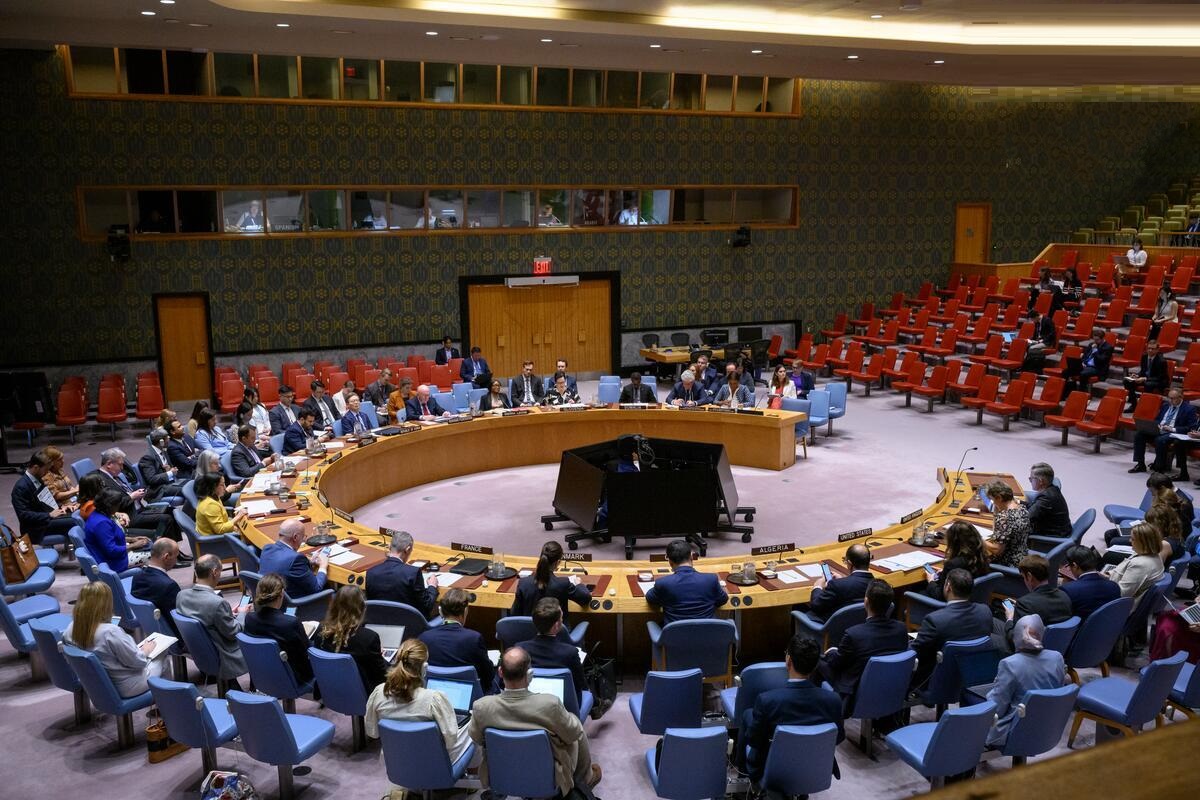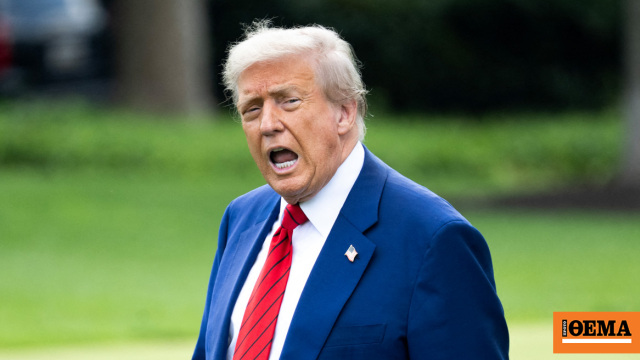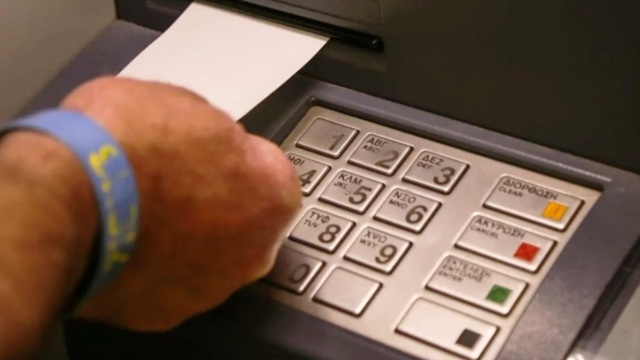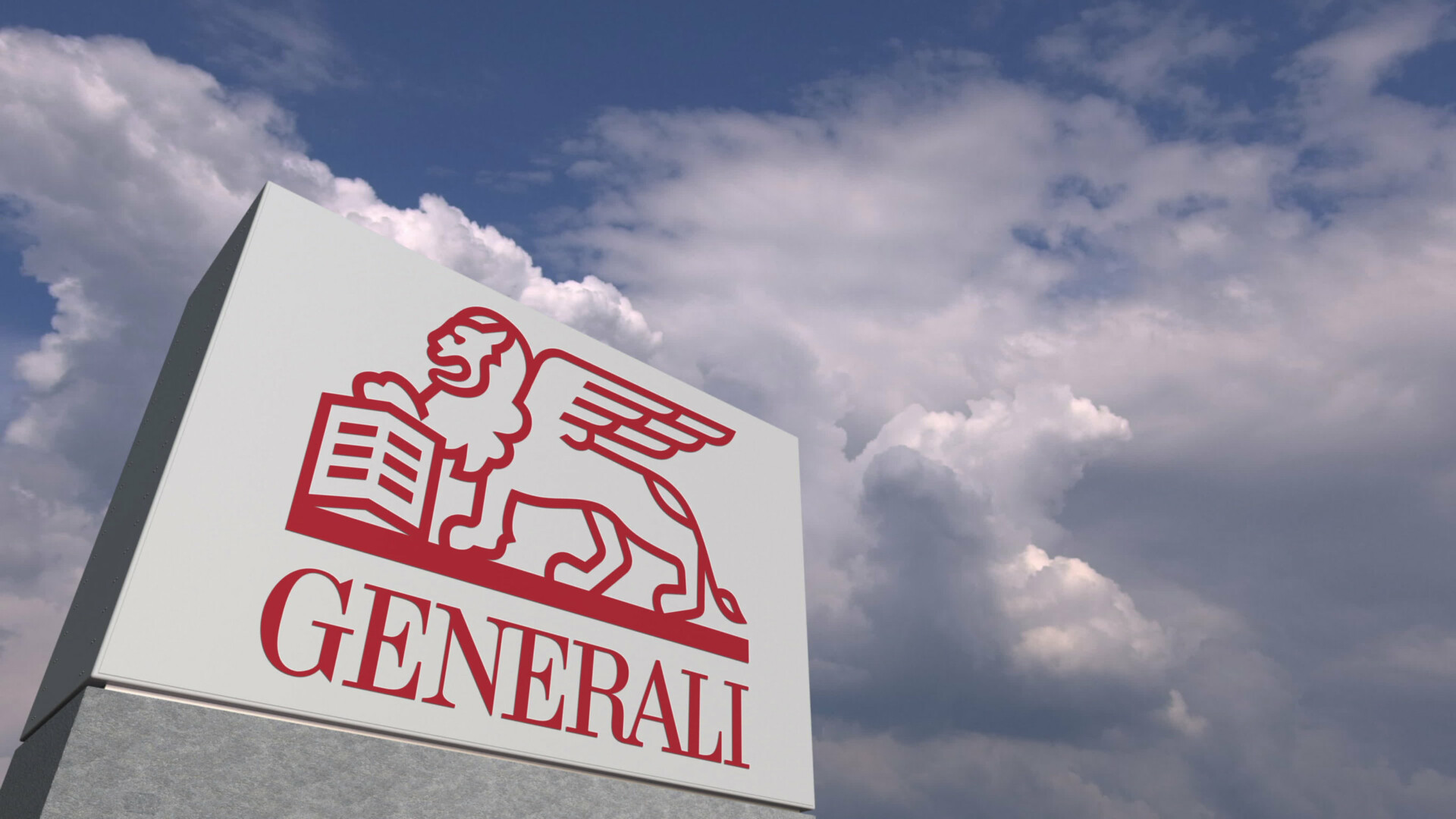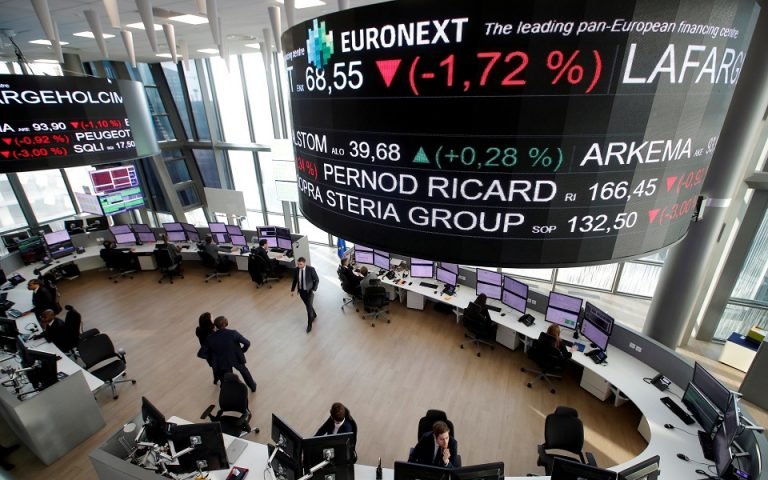Greece Lags Behind EU in Safeguarding Against Security Risks from Foreign Investments
As the European Union sharpens its tools to protect member states from potential security threats posed by foreign investments, Greece remains the last to implement the bloc’s regulatory framework—five years after it was introduced. While most EU countries have already adopted mechanisms to screen foreign direct investments (FDI) in sensitive sectors, Greece is only now beginning to align itself with Regulation (EU) 2019/452, placing it at the institutional tail end of the Union in this critical area of economic security.
The regulation, in force since October 2020, encourages member states to monitor foreign investments that may threaten public order or national security, particularly in sectors such as energy, transport, technology, and defense. It also fosters cooperation between EU governments, allowing them to share intelligence and flag concerns over suspicious transactions. Yet, until recently, Greece had no national mechanism to assess such risks, leaving its strategic infrastructure and assets more vulnerable to potentially non-transparent or state-backed foreign investment activity.
Now, after years of delay, the Greek government has submitted a draft law for public consultation to finally put the 2019 EU rules into national legislation. The consultation period ended on April 17, but it remains unclear when the bill will be brought before Parliament for a vote. Once enacted, the law will establish a national screening body responsible for evaluating foreign investments on grounds of national security and public interest. Although the EU regulation does not require each member state to establish such a mechanism, it strongly recommends doing so to ensure a coordinated defense across the bloc.
The timing of Greece’s long-overdue move is particularly striking given that the European Union is already preparing to go a step further. Next week, the European Parliament is expected to vote on a new proposal that would significantly strengthen the existing FDI screening system. The revised framework would make checks mandatory in key sectors such as media, critical raw materials, and transport infrastructure, where outside influence could compromise public trust or disrupt essential services. If passed, this proposal will expand the European Commission’s role, giving it authority to intervene in cases where a foreign investment raises cross-border concerns or when member states disagree on the security implications of a specific deal.
In effect, the EU is debating how to future-proof its defenses, while Greece is only beginning to build its basic safeguards. This legislative gap has raised concerns among policy analysts and EU officials alike, who view the lack of a Greek screening mechanism as a structural weakness in Europe’s collective resilience. As other EU nations coordinate more closely and develop unified protocols for vetting foreign capital, Greece’s absence from that framework risks creating a backdoor for investments that may otherwise face scrutiny elsewhere in the Union.
The planned Greek screening mechanism will apply to both individual and institutional investors and will involve public bodies that oversee investment approvals and monitoring. By aligning itself with EU standards, Greece hopes to close a regulatory loophole that has left key sectors exposed. However, the broader context is shifting quickly. With the upcoming vote in Strasbourg on May 8, the European Parliament is likely to endorse stricter, binding rules that raise the bar for all member states. This means that even before Greece completes its delayed compliance with the 2019 regulation, it may soon need to adjust again to meet a new, more rigorous EU-wide standard.
Content Original Link:
" target="_blank">





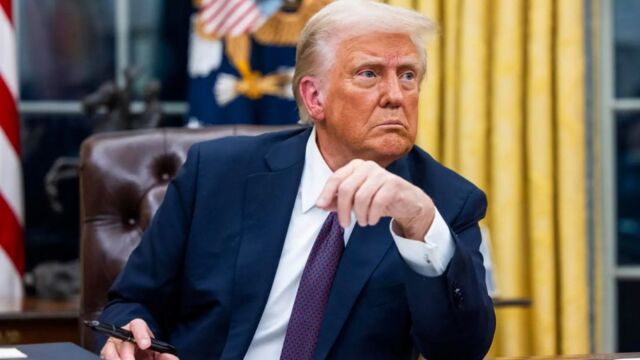

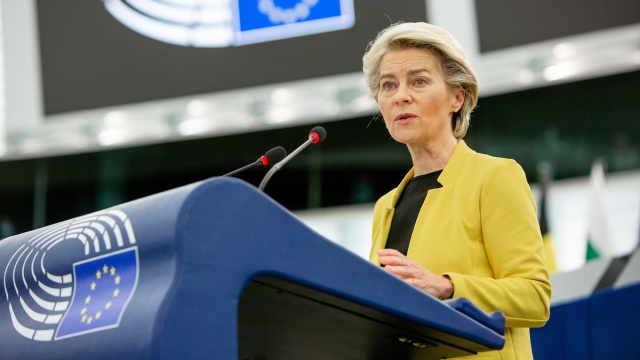
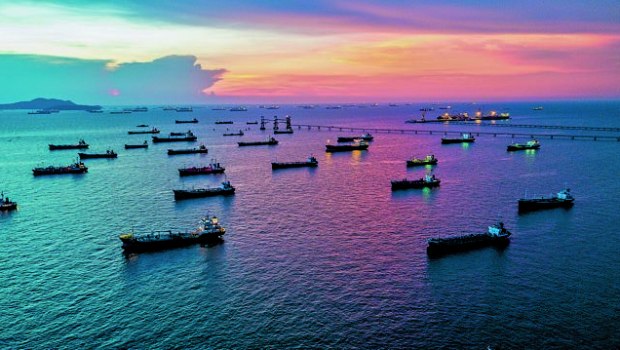
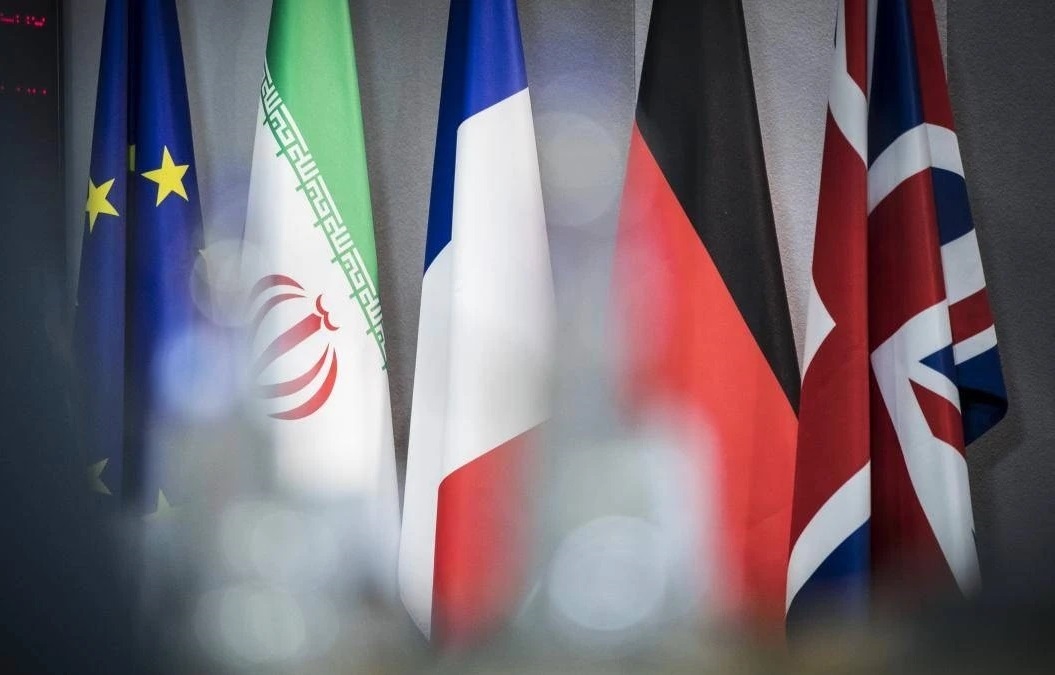

![Άκρως Ζωδιακό: Τα Do’s και Don’ts στα ζώδια σήμερα [Σάββατο 21.06.2025]](https://www.ingr.gr/images/joomgrabber/2025-06/2b4830f51e.jpeg)
